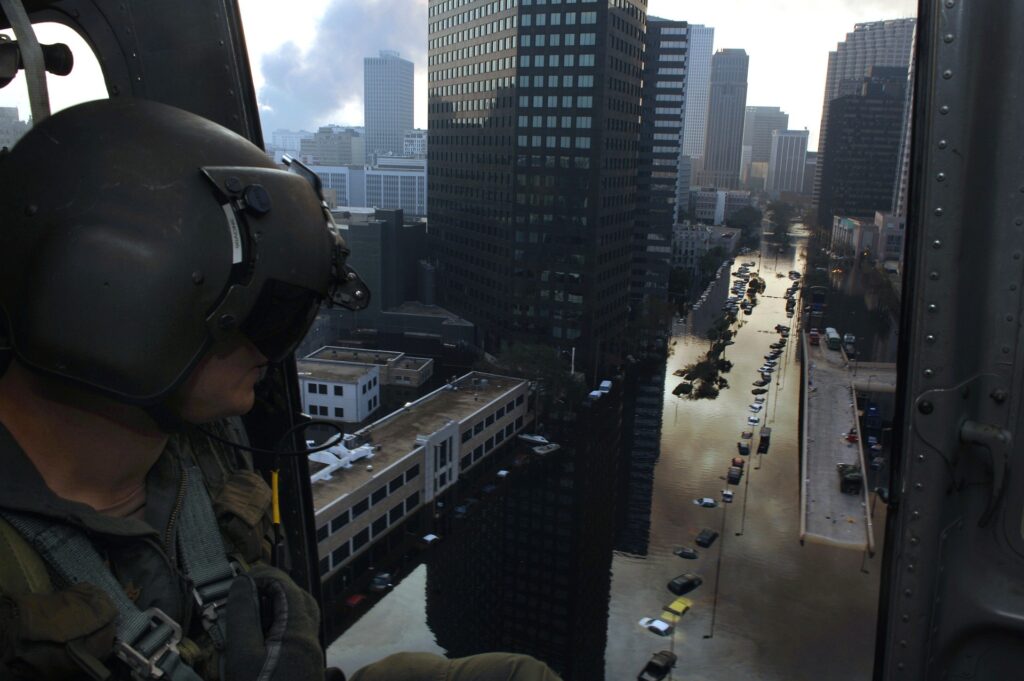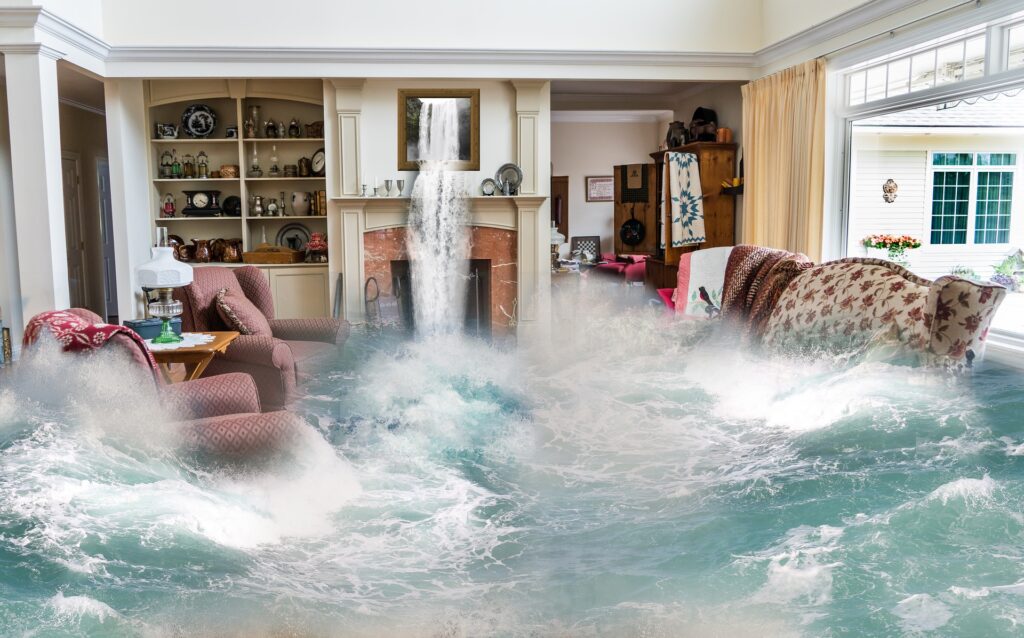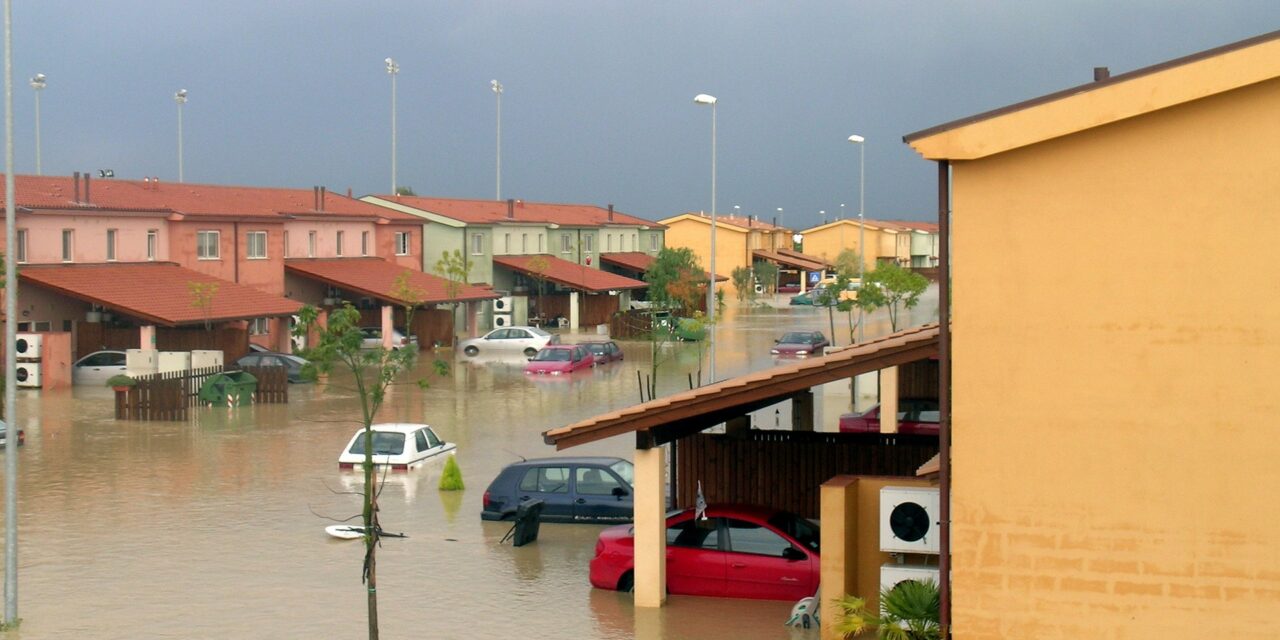Together with two colleagues, Eduardo Flores (USP) and David Eckles (UGA), we have carried out research that has strong links with the community resilience agenda, financial innovations, climate change, and city management. The full paper entitled “Informed Decisions Regarding Flood Events Induces Propensity for Insurances“, with open data and materials, was published in August 2022: https://doi.org/10.1016/j.envsci.2022.07.032
Flood hazards pose a major threat to personal assets and the well-being of a significant portion of the world’s population. From 1970–2012, approximately 9000 “natural disasters” caused almost 2 million deaths and $2.3 trillion in economic losses worldwide. Of these losses, floods and storms (approximately 80% of the disasters) were responsible for more than 50% of the deaths, and approximately 86% of the economic losses during this period. Examples of this type of phenomena have been increasingly frequent. In late August 2017, Hurricane Harvey caused what was the costliest climatic event in the history of the United States. In July 2021 floods left serious damage in Germany and Belgium and in September 2021 Hurricane Ida caused deaths and major damage to the infrastructure in New Orleans, New York, and New Jersey.

Extreme events are expected to become even more frequent due to global climate changes that are expected to lead to an increase in precipitation and rising ocean levels. According to Researchers, the number of floods and damage from these events have increased recently, leading some countries to structure flood loss-related programs.
Insurance is recognized as a risk transfer tool to manage weather disasters ex ante. The insurance industry is dedicated to offering coverage against losses and has significant untapped opportunities since the benefits of insurance are often unknown or misunderstood by consumers and consumer behavior biases are unknown (or underappreciated) by insurers. In this regard, it is understood that research in the field of protection against high impact events contributes to the promotion of more resilient communities, which are more autonomous and independent. Furthermore, according to recente researches, when dealing with flood vulnerability, relevant indicators, such as risk perception and past flood experience, are important. Data on these are often not readily available, requiring local research.

The severity of the effect of natural disasters tends to be more extreme in countries with less disaster-related infrastructure, and is often exacerbated in countries that are less economically developed. For example, the earthquake that hit Haiti’s capital in January 2010 caused the loss of at least 200,000 lives, displaced hundreds of thousands of people, and also caused significant damage to the economy and infrastructure, exceeding 100% of the country’s GDP.
In Brazil, the emerging market for insurance for climate-related events tends to be focused in rural areas. Therefore, the lack of coverage available to the urban population in Brazil has become a subject of concern. Moreover, these urban areas account for the majority of the Brazilian population and those in lower socio-economic classes tend to be the most affected by floods. For example, in January 2011 a flood in the mountain region of the state of Rio de Janeiro caused approximately 1000 deaths.
This paper analyzes the tendency of lower middle-class households to purchase flood insurance and contributes to the literature in several ways. First, the paper offers evidence of the impact that sharing informational content regarding risks and impacts of flooding events has over the decision to purchase insurance. Second, the study focuses on households that belong to a portion of the population with lower purchasing power and which are more at risk from flood losses. Third, our experimental design studies communities with various geographies and experiences with respect to floods. Finally, we contribute to the empirical literature on flood insurance and individual purchase decisions which, in general, is woefully lacking and is worthy of investigation.





Comentários